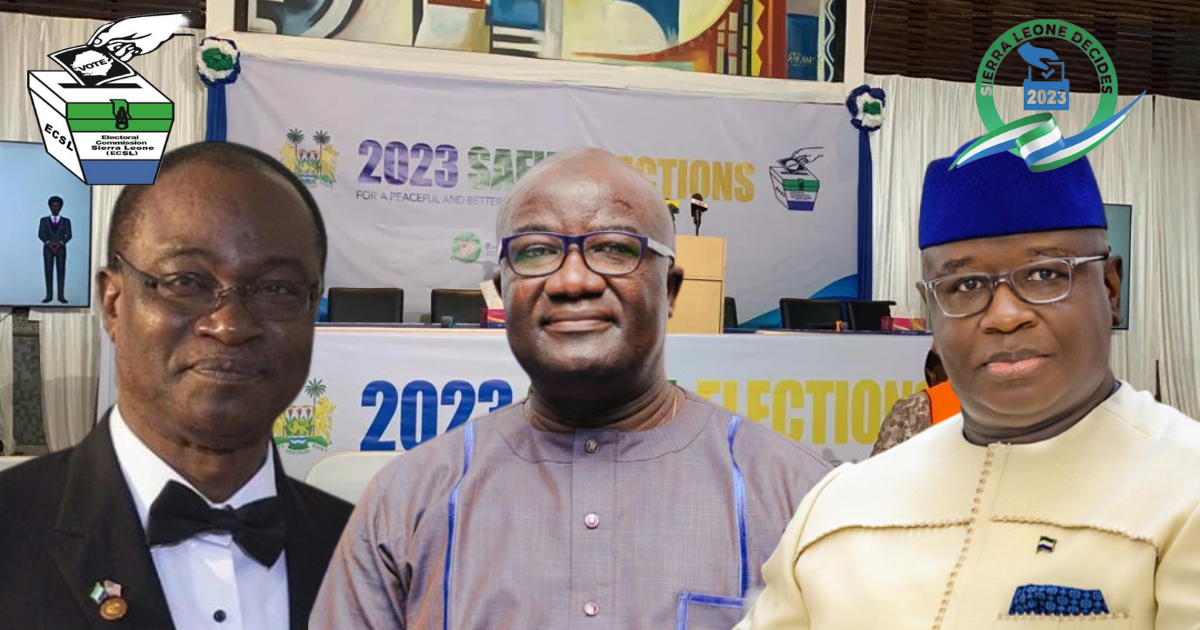Six foreign experts specializing in the field of electoral management, laws, and processes have been engaged by Sierra Leone’s Tripartite Committee to review the country’s electoral systems.
The experts will soon arrive in Sierra Leone, according to Dr. Richard Conteh, the representative of the All People’s Congress (APC) in the Tripartite Committee.
Conteh made this known during a recent engagement with stakeholders at the Western Area Rural District Council (WARD-C) hall. He also mentioned that the committee has no intention of extending its mandate beyond the agreed-upon six-month period, which concludes on June 19th, 2024.
Conteh expressed gratitude for the Electoral Commission for Sierra Leone’s (ECSL) commitment to comply with the Committee’s requests, emphasizing the importance of promoting democratic principles, transparency, and accountability within the country.
Regarding electoral reforms, Justice Kamanda and Lawyer Boniface Sidikie Kamara, representing the SLPP and APC respectively, highlighted the Committee’s review of Section 32 subsection 3 of the 1991 Constitution, which deals with the appointment of ECSL Commissioners. They emphasized the need for clear explanations to prevent past issues from recurring and welcomed stakeholders’ contributions to defining consultation processes.
Furthermore, the Committee pledged to address concerns related to Section 38 subsection 1 of the 1991 Constitution, focusing on the District Block System of election. They stressed the importance of ensuring clarity and understanding among all stakeholders.
In addition to constitutional provisions, the Committee will examine various laws, including Section 98 of the 1991 Constitution and sections of the Public Elections Act 2022, to ensure alignment with modern democratic principles and international standards.
Ambassador Alimamy Petito Koroma and Honourable Hellen Kuyembeh discussed institutional reforms, emphasizing the review of Acts such as the Political Parties Regulation Commission (PPRC) and the National Civil Registration Authority Acts to address raised concerns.
In an interview, Lawyer Boniface highlighted the extensive work ahead, particularly in reviewing elections dating back to 2007. He assured that significant progress has been made in legal reform to uphold respect for, adherence to, or prevention of abuse of laws governing elections.
Regarding gender representation in the District Block System, Lawyer Boniface expressed concerns about the manner in which it was introduced, indicating a need for further examination and possible adjustments to ensure equitable representation for women in councils and parliament.



 9 Comments
9 Comments









Comment(s)
Disclaimer: Comments expressed here do not reflect the opinions of Sierraloaded or any employee thereof.